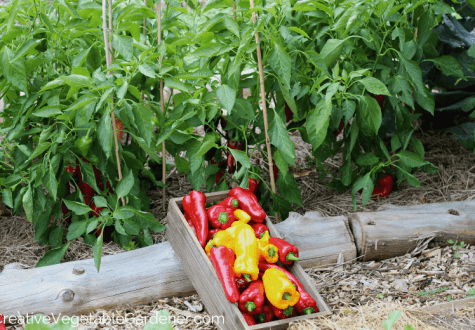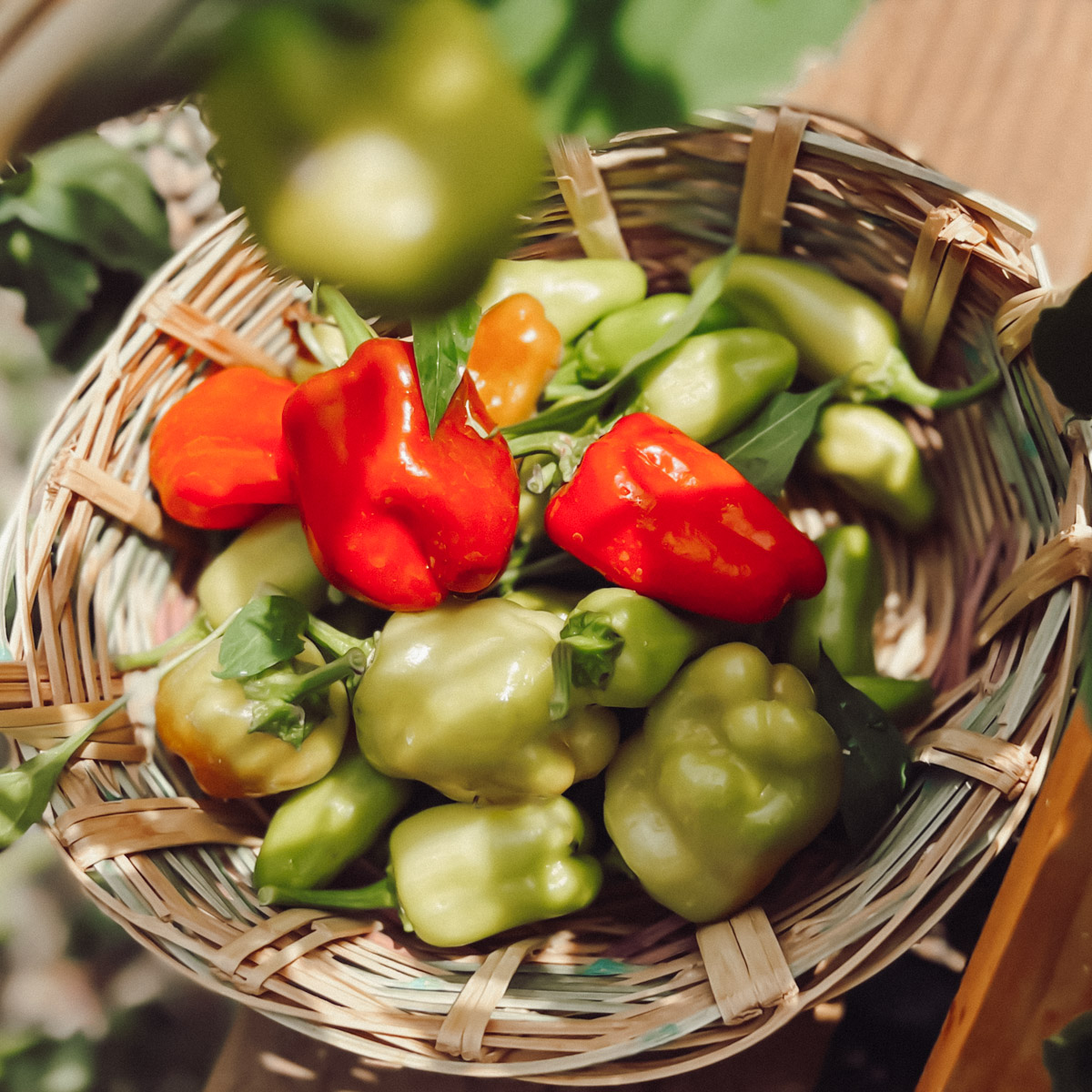Best Fertilizers for Peppers: A Comprehensive Overview to Boost Your Harvest
Best Fertilizers for Peppers: A Comprehensive Overview to Boost Your Harvest
Blog Article
How Fertilizers Play a Critical Duty in Growing Healthy and Abundant Pepper Crops
Fertilizers act as the backbone of successful pepper cultivation, providing a calculated technique to nurturing the dirt and promoting ideal plant growth. The complex dance between vital nutrients and the pepper plants' physiological processes underscores the pivotal role that fertilizers play in ensuring a plentiful harvest. From sustaining durable root growth to strengthening condition resistance, the effect of fertilizers is significant in the growing of healthy and productive pepper plants. Keep tuned to discover the nuanced ways in which fertilizers add to the growing of pepper plants and the sustainable practices that underpin their efficiency.
Value of Nutrient-Rich Fertilizers
The usage of nutrient-rich plant foods plays a critical duty in enhancing the efficiency and top quality of pepper crops in contemporary farming techniques. Potassium, nitrogen, and phosphorus are primary nutrients that are essential for the development and growth of pepper plants.
Poor levels of these nutrients can lead to stunted growth, decreased yields, and vulnerability to illness (best fertilizers for peppers). Nutrient-rich plant foods supply a targeted option to make sure that pepper plants obtain the essential components for optimum development and performance. In addition, these fertilizers help improve soil fertility over time, developing a lasting setting for long-lasting pepper growing
Enhancing Plant Growth and Development
To optimize plant growth and growth in pepper crops, critical application of nutrient-rich fertilizers is vital. Plant foods play an important duty in enhancing the overall health and wellness and performance of pepper plants by providing them with necessary nutrients that might be doing not have in the soil.
Along with these macronutrients, micronutrients such as magnesium, zinc, and iron are also important for the correct performance of numerous plant procedures. Iron, for circumstances, is essential for chlorophyll production, which is important for photosynthesis and general plant growth. Zinc plays an important function in enzyme activity and hormonal agent synthesis, influencing plant development and growth at a cellular level. Magnesium is crucial for the formation of chlorophyll and overall energy transfer within the plant.

Boosting Illness Resistance With Plant Foods
By strategically integrating targeted plant foods, farmers can strengthen the disease resistance of pepper plants, ensuring optimal plant health and wellness and performance. Plant foods containing vital nutrients like potassium, nitrogen, and phosphorus play a critical duty in reinforcing pepper plants' body immune systems, making them more resilient to various illness. Nitrogen, for example, help in the manufacturing of healthy proteins that are crucial for plant protection systems. Phosphorus contributes to root advancement, allowing plants to better absorb nutrients and water, thus boosting their capacity to repel illness. Potassium controls processes that improve total plant wellness, making peppers a lot more robust against pathogens.

Maximizing Pepper Return Via Fertilizing
Using a balanced view it fertilizing technique is essential to achieving optimum pepper return and guaranteeing optimal plant efficiency. By providing peppers with the right nutrients at the appropriate time, farmers can dramatically improve their yield possibility. Nitrogen, potassium, and phosphorus are essential components for pepper growth, with nitrogen aiding in fallen leave and stem development, phosphorus sustaining root development and flower development, and potassium promoting total plant health.
To make best use of pepper yield, it is crucial to carry out soil examinations to establish existing nutrition levels and determine any type of shortages that need to be resolved. Based on these outcomes, farmers can develop a customized fertilization plan that satisfies the particular requirements of their pepper plants. In addition, appropriate fertilizing techniques such as split applications throughout the growing period can ensure constant nutrition schedule for the plants.

Lasting Plant Food Practices for Peppers
In taking into consideration sustainable fertilizer methods for peppers, it is important to concentrate on lasting dirt health and environmental stewardship combined with optimizing plant productivity. Sustainable fertilizer practices aim to preserve or enhance dirt fertility while reducing unfavorable ecological influences. One vital approach is making use of organic fertilizers such as compost, manure, or cover crops, which not only offer necessary nutrients to the peppers yet additionally contribute to soil structure and microbial activity. These organic options help build organic matter in the soil, improving its capacity to preserve water and nutrients, thereby sustaining lasting plant wellness and strength.
Additionally, accuracy agriculture techniques, such as dirt testing and targeted nutrient applications, can help maximize plant food use, ensuring that peppers obtain the nutrients they require without excess overflow into rivers. This not only benefits the setting by decreasing air pollution however also conserves costs for farmers by decreasing click site waste. By embracing lasting fertilizer techniques, pepper cultivators can protect the wellness of their crops, dirt, and surrounding ecosystems for future about his generations.
Final Thought
In conclusion, plant foods are important for growing healthy and plentiful pepper plants. best fertilizers for peppers. They provide needed nutrients for plant growth and advancement, increase disease resistance, and make best use of yield. By applying sustainable fertilizer techniques, farmers can ensure the long-lasting wellness of their pepper crops and add to a much more reliable and environmentally-friendly agricultural system
The detailed dance between necessary nutrients and the pepper plants' physical processes highlights the essential duty that fertilizers play in guaranteeing a plentiful harvest.To maximize plant growth and development in pepper crops, calculated application of nutrient-rich plant foods is essential. Fertilizers play a critical role in enhancing the general health and wellness and performance of pepper plants by providing them with important nutrients that may be lacking in the soil.By tactically including targeted fertilizers, farmers can bolster the disease resistance of pepper crops, guaranteeing ideal plant wellness and performance. Plant foods having essential nutrients like potassium, phosphorus, and nitrogen play a crucial role in enhancing pepper plants' immune systems, making them much more resilient to various diseases.
Report this page